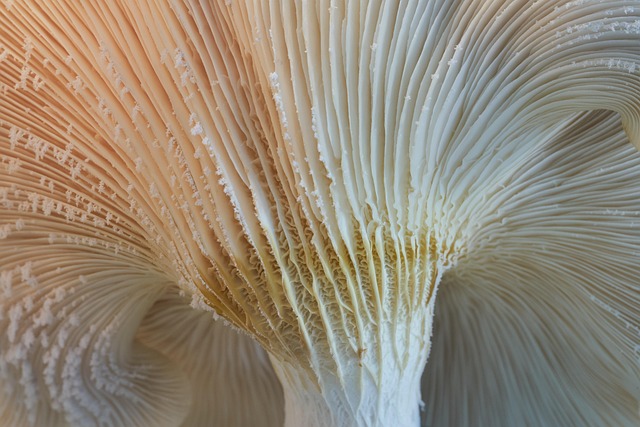In the quest for a sustainable future, the biological concept of recycling has emerged as an essential principle that intertwines nature’s wisdom with modern technologies. As we grapple with climate change and dwindling resources, understanding the cyclical nature of ecosystems can guide us toward innovative recycling practices that not only reduce waste but also enhance our ecological footprint.
Sustainable development is at the forefront of this movement. By emulating natural processes, where waste from one species becomes nourishment for another, we can foster a paradigm where human activities complement rather than contribute to environmental degradation. In nature, recycling happens seamlessly; every organism plays a role in the nutrient cycle. If we apply this biological concept to our urban environments, we can create systems that minimize waste and optimize the use of available materials. This not only alleviates pressure on landfills but also conserves energy and resources.
When we talk about recycling in the context of green technologies, we envision a future where materials are endlessly repurposed, and new products are created with minimal environmental impact. Innovative companies are now designing with the end in mind—creating products that can be easily disassembled and recycled, thus closing the loop in product life cycles. This approach cleanly aligns with the biological concept, where decomposition allows life to flourish anew. Moreover, integrating green technologies into everyday life means we are continuously striving for carbon neutrality, aligning our energy consumption with the Earth’s capacity to regenerate.
Adopting this biological concept of recycling helps us re-evaluate our ecological footprint. Each small action—be it composting organic waste, recycling plastics, or supporting sustainable brands—accumulates into a collective impact. By consciously choosing products designed for circularity, we can push back against a linear economy that often leads to irrevocable damage. Imagine a world where plastic bottles are not only recycled but also transformed into new materials, providing a second life instead of polluting the environment.
The journey toward sustainability also invites us to educate ourselves and our communities about the importance of recycling as a biological concept. Schools and organizations can implement programs that raise awareness about waste management and the benefits of recycling. By fostering a community ethos that values sustainable practices, we build momentum toward a healthier planet. When each person contributes to reducing their waste, we move closer to a carbon-neutral society where the Earth’s resources are respected and preserved.
Ultimately, the biological concept of recycling serves as a beacon of hope in the face of environmental challenges. It is a reminder that by leveraging nature’s intelligence and embracing the interconnectedness of life, we can create sustainable systems that benefit both humanity and the planet. As we move forward, let us champion recycling not just as a practice but as a fundamental ethos that inspires positive change and fosters a more sustainable and responsible future for generations to come.




